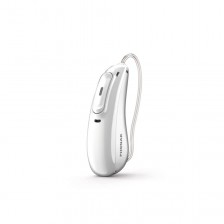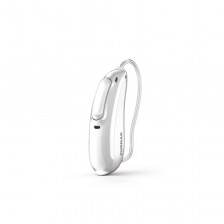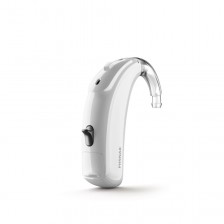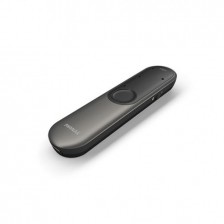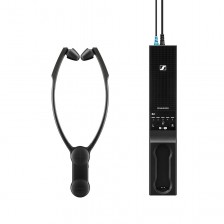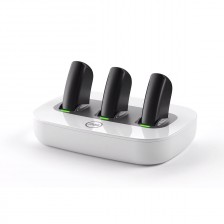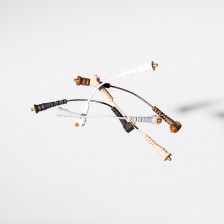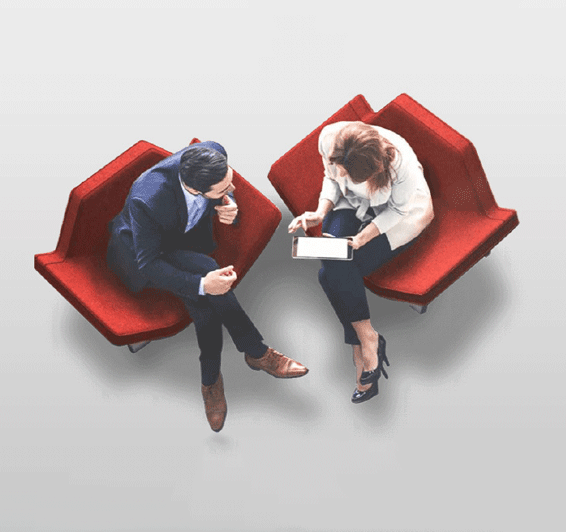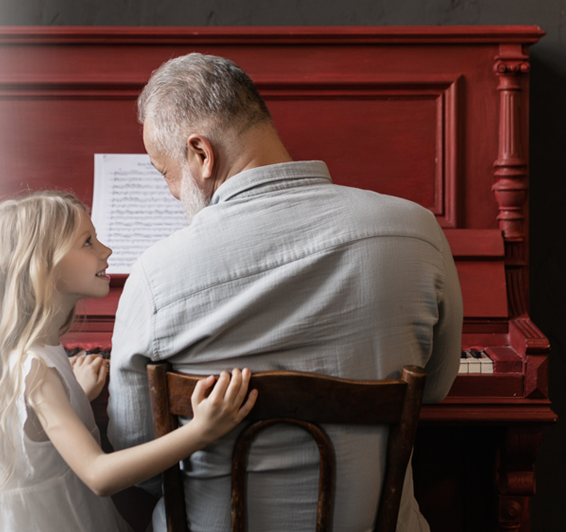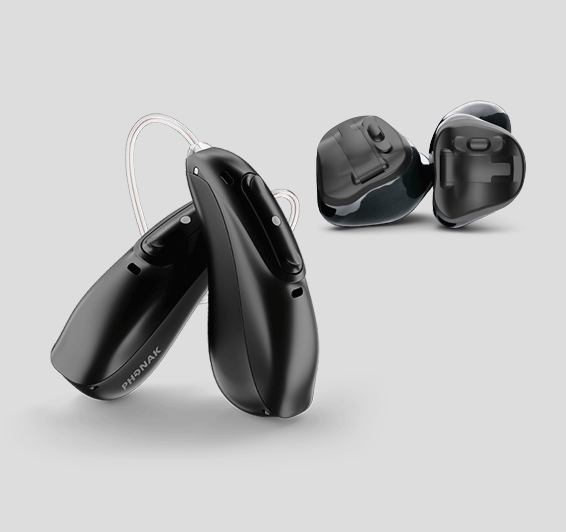Are deaf people unable to speak?

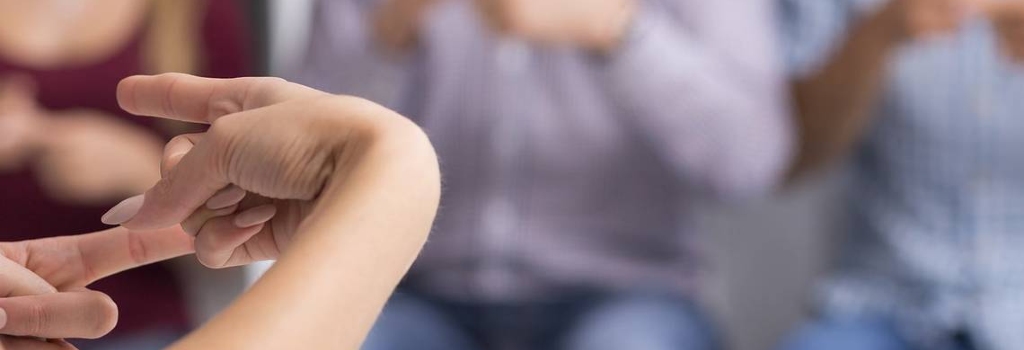
As hearing professionals, at Claso we have been learning what it means to have hearing loss for more than thirty years. And we do it not only through the performance of our profession and the knowledge acquired with it, but also thanks to the experience that our patients, whom we never tire of listening to, transmit to us every day.
The thing is, some of our patients don't speak with their mouths; they do it with their hands. Although not only that! They also use facial and body expression and sometimes vocalizations with or without sound. That is, they speak in sign language. However, one of the great misconceptions about signing persons is the one that emerges from this famous adjective that, erroneously, many people attribute to them without thinking about it too much: "deaf and dumb".
The mute person is one who cannot speak due to physical disability or injury to the vocal cords. Contrary to what some people believe, signing deaf people are not unable to speak, and there is no physiological correlation between deafness and dumbness, just as it is easy to understand that neither there is between blindness and dumbness. What happens is that there is an inseparable relationship between oral speech and the ability to hear.
How do we learn to speak?

We learn to use our voice because we hear it and are aware of it, and because we hear and are aware of the voice of others. We know how to distinguish a question from an exclamation because we capture the different intonations of these expressions; we discover that someone is nervous even on the phone because they “sound nervous”, and because we are suspicious of the trembling tone of a timid voice. Speech is a music that is learned by listening and imitating. When we are babies, we say “mama” and “dada” before anything else because it is what our enthralled parents repeat to us the most, and from then on, we become parrots: tireless imitators of sounds. Thus, a person with profound deafness who only speaks in sign language also has a voice, only he cannot hear it as well, nor that of others (hence the characteristic pronunciation of some deaf people). However, he laughs, shouts, cries, sighs... In short, he emits sounds and, if he wants, words, because, as we have said, he does not have any difficulties or problems with his vocal cords. There is only a hearing loss and, as a consequence, a different speech development from that experienced by hearing people.
A word we must silence
For many deaf people, to be called “deaf-dumb” is to be told that they don't speak, that they don't say or contribute anything, or even that they have cognitive problems. That's right: historically, the word "deaf and dumb" has also had the connotation of "person with limited cognitive abilities", and the few educational and employment opportunities that have been granted to deaf people for too many years have contributed to fueling this misconception. In addition, in Spain, sign language was long prohibited because it was considered that moving the face, body and hands in the way necessary to speak it was obscene and inelegant, as if it denoted ignorance or mockery. But signing deaf people do not make gestures or mime: they speak with their own language. Forbidding them to use it deprived entire generations of deaf children of a full education and the possibility of acquiring a language with which to express themselves and build incredible lifes. Today, luckily, things have changed a lot and sign language is recognized and protected in many countries. However, for all this, deaf people still consider the word "deaf-dumb" offensive and annoying, and at Claso Audiology we want to contribute to making this expression something that, as an exception in our profession, no deaf person has to hear ever again.
To talk with your hands, and to listen with your eyes
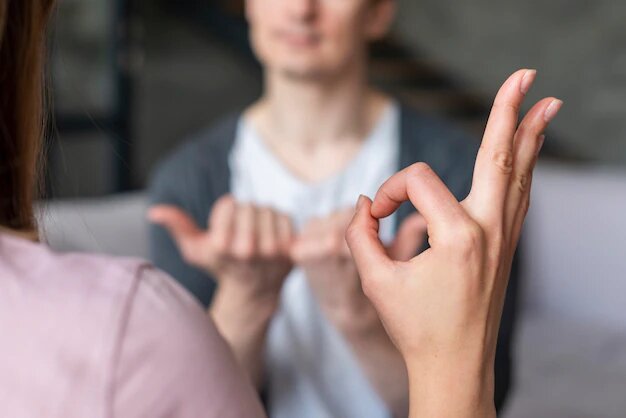
When there is a language of its own, there is a culture, and that is why sign deaf people are a community that has its own “deaf culture”. Sign language is a unique visual language, it is not a translation of any other language. And it's not universal either! It is an autoctonal language and each country, or even region, may have a different one. There are often people who think that this is a shame because, if it were universal, all deaf people could understand each other. But to believe this is not to understand the reality of the formation of oral languages and its true parallelism with that of sign languages. Couldn't hearing and speaking people do the same to understand each other better? But, would we like to be told that our language should not be as it is, and that we should all speak in one and only language? The reality is that languages arise naturally from a community's need for communication. Practical or not, they are not an artificially created traversal code! For all this, at Claso Audiology we have audiologists who speak Spanish and Catalan sign language. Finding the greatest auditory well-being begins with being listened to, and sometimes, you have to listen with your eyes.
